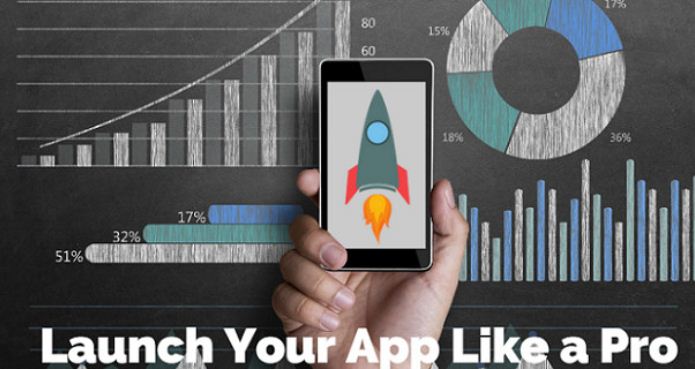Pre-launch App Marketing Campaign

In the competitive landscape of app development, quality marketing is undeniably a crucial factor in determining the success of a product. The essence of high-end app marketing lies in its inception, even before the app is officially launched into the market. This pre-launch period serves as a golden opportunity to generate buzz, engage potential users, and fine-tune the marketing strategy for maximum impact. This blog discusses about Pre-launch app marketing campaign for sake of users.
Ideas for Your App’s Pre-launch Marketing Campaign
Announce Your Application in Social Media
To kickstart your app’s pre-launch marketing campaign, a comprehensive approach is essential. An effective strategy begins with leveraging the power of social media. Announcing your application on platforms like Facebook, Twitter, and Instagram sets the stage for building anticipation. By showcasing how your app can positively impact users’ lives or habits, you can create a sense of curiosity and excitement around the upcoming launch. Regular updates on new features and milestones reached will help maintain the interest of your audience and ensure a strong user turnout on launch day.
Build an SEO Background
In tandem with social media outreach, establishing a robust SEO foundation is paramount. Creating a dedicated landing page for your app and crafting blog content around related topics can significantly enhance your online visibility. Optimizing these assets for search engines will attract organic traffic, expanding your reach to potential users who may not have previously encountered your brand. This not only increases awareness of your app but also serves to bolster your overall brand recognition in the digital sphere.
Engage Your Current App Users in Discussions
Engaging with your existing app users through discussions is another valuable tactic during the pre-launch phase. This interaction not only bolsters the hype surrounding your app but also provides invaluable insights into user expectations and preferences. By actively listening to user feedback, you can iteratively refine your product design and marketing strategy, ensuring a more tailored user experience upon launch.
Prepare App Store Optimization
A key aspect of pre-launch preparation involves app store optimization. While it may seem premature to focus on this before the official listing, allocating resources to optimize your apps presence on app stores early on can yield significant dividends post-launch. By laying the groundwork for effective app store optimization during the pre-launch phase, you can shift your focus towards acquisition and retention strategies once the app is live.
Distribute Your MVP among Industry Influencers and Ask Them for Reviews
Collaborating with industry influencers and distributing your Minimum Viable Product (MVP) for reviews can amplify the buzz around your app. Leverage the reach and credibility of influencers can create additional momentum and generate interest among their followers. Negative feedback from reviews presents an opportunity for improvement, allowing you to address flaws and enhance the user experience prior to launch.
Write an FAQ Section and Prepare Video Guides
Additionally, providing detailed information through FAQ sections, video guides, and use cases can offer users a comprehensive understanding of your app’s functionalities. This not only enhances user engagement but also clarifies the value proposition of your app, making it more appealing to potential users.
Constantly Study the Data to Learn More about Your Marketing Personas
Continuous analysis of data to refine your marketing personas and identifying your Unique Selling Proposition (USP) are vital components of a successful pre-launch marketing campaign. By understanding your target audience in depth and positioning your app uniquely in the market, you can carve out a distinct niche and differentiate your product from competitors effectively.
Summary
In conclusion, a well-executed pre-launch marketing campaign sets the foundation for a successful app launch. By implementing a multi-faceted approach that includes social media engagement, SEO optimization, user discussions, app store preparation, influencer collaborations, informative content creation, data analysis, and USP identification, you can create a buzz, attract a loyal user base, and position your app for long-term success in the competitive app market landscape.

